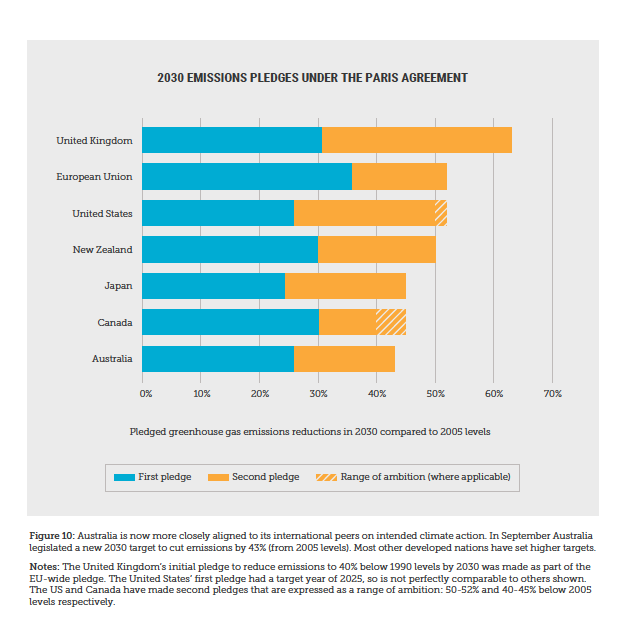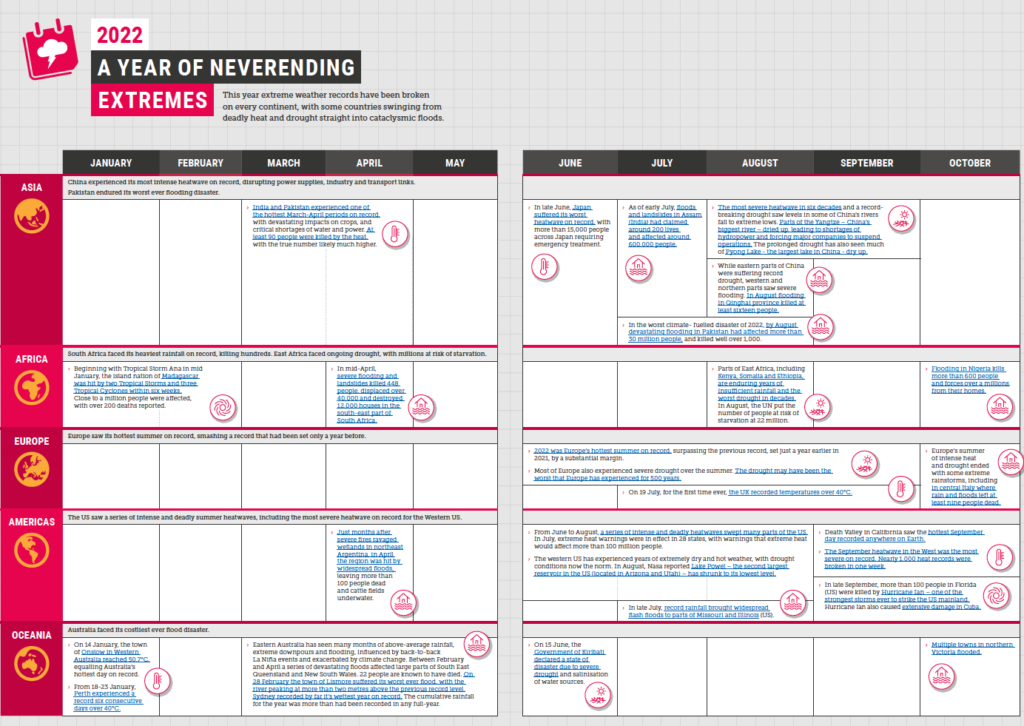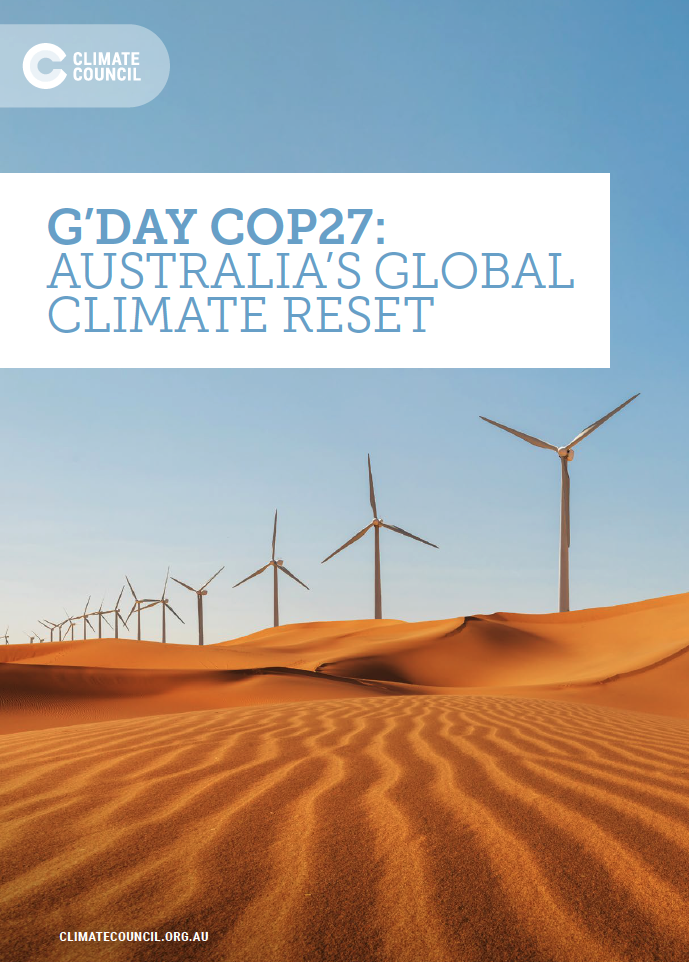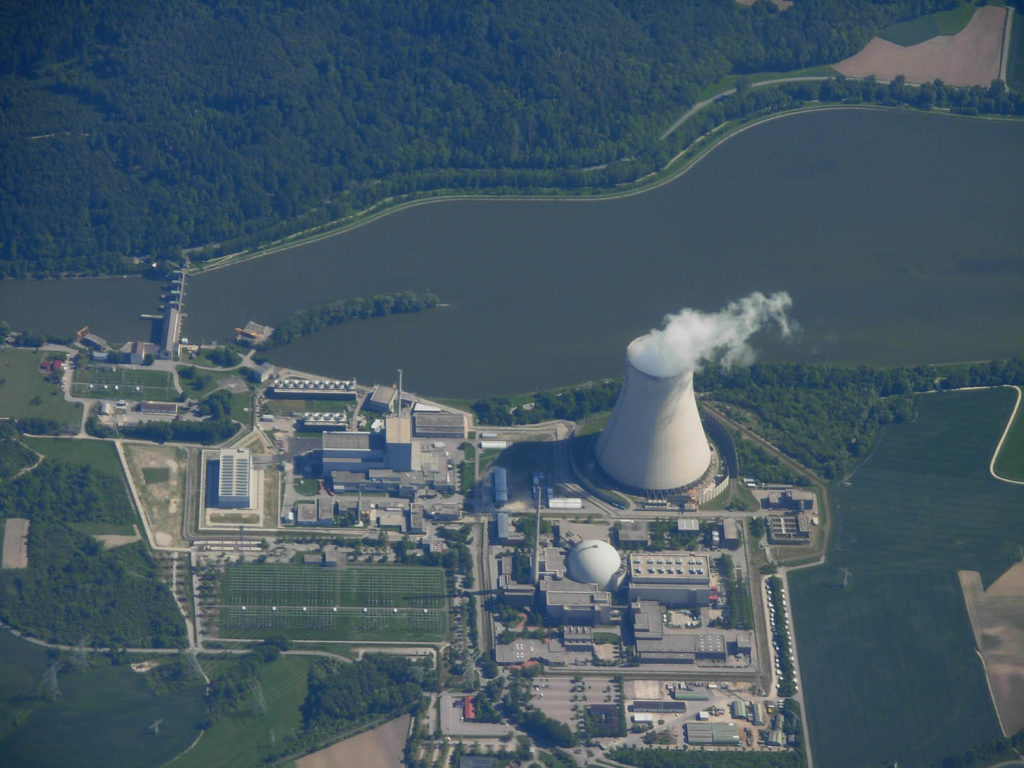Australia will once again be in the spotlight at this year’s United Nations (UN) climate talks in Egypt. After almost a decade of stalled climate policy, the federal government has legislated a new emissions reduction target to cut emissions by 43% by 2030 (from 2005 levels). This brings Australia closer to the rest of the developed world, with most wealthy nations planning to at least halve their emissions by 2030. This policy reset has enabled Australia to start rebuilding relations with key security allies and trading partners, and strengthen ties with Pacific island neighbours.
For too long, successive governments have argued that Australia cannot make a difference in global efforts to tackle the climate crisis. The truth is, as a fossil fuel heavyweight and potential renewables superpower, we have a big role to play in the global energy transition. The UN climate summit in Egypt (known as COP27) is the federal government’s opportunity not only to demonstrate that Australia is back at the negotiating table, but that we’re willing and able to play a serious role in rolling out the solutions we need at the scale and pace that the science demands.

Australian diplomacy matters. For the first time, Australia will formally bid to host the UN climate talks in partnership with the Pacific. With a responsible international climate agenda, Australia could play a critical role in reinforcing global cooperation and brokering the next phase of climate action. Our country will also play a key role in the export of clean energy commodities and critical minerals that other nations need to decarbonise their economies. In Egypt we can signal to the world that Australia intends to become a major renewable energy exporter.
This climate summit will occur against the backdrop of a deepening climate crisis. Already in 2022, we have witnessed weather records tumble across every single continent. Climate change is worsening extreme weather events that are devastating communities everywhere, from Lismore to Lahore. The impacts we are experiencing today are happening in a world that has warmed 1.2°C above the pre-industrial average, driven mainly by the burning of coal, oil and gas.

1. The year since the last United Nations climate talks has been one of continuous climate extremes with records tumbling from Lismore to Lahore.
- Since the last Conference of the Parties (COP) in November 2021, the climate crisis has dramatically escalated with extreme weather records broken on every continent.
- Some countries and regions have faced multiple disasters, swinging from deadly heat and drought into cataclysmic floods, with no time to recover.
- The pressure for countries to do more to tackle the root cause of climate change – the burning of coal, oil and gas – has never been greater.
2. As we enter the age of climate consequences, decisive action on climate change, and greater international collaboration, has never been more important.
- Climate change and its impacts are accelerating. Without stronger collective action to reduce emissions, we are headed for a full-blown catastrophe.
- The world has already warmed by around 1.2°C, putting us at risk of triggering abrupt and irreversible changes that would be catastrophic for human societies. Every increment of warming raises those risks.
- If all countries around the world met their existing 2030 emissions reduction targets we would be headed to a dangerous 2.4°C of global warming.
- To ensure a survivable future countries must go well beyond existing commitments, and do so faster than intended during this make-or-break decade. There are no second chances to get this right.
- While we must do everything possible to limit future harms by ensuring global emissions plummet this decade, there is also an urgent need for greater support to communities worldwide with adapting to the escalating impacts of climate change that we are already facing.
3. The global race to net zero is redefining international relations, sparking a clean energy arms race between the US and China and accelerating Europe’s shift away from fossil fuels.
- The global transition to net zero is accelerating even against significant geopolitical headwinds – with Russia’s invasion of Ukraine prompting Europe to move more rapidly away from fossil fuels, and growing competition between the US and China on clean energy.
- This year saw record growth in renewable electricity generation around the world with new installations helping the world avoid more than 600 million tonnes of CO2 emissions – significantly more than what Australia emits in a year.
- Australia returns to this year’s UN climate conference with an improved 2030 emissions reduction target of 43% below 2005 levels by 2030 but, even so, it remains one of the weakest in the developed world. This must become a floor, not a ceiling, on our action.
- At the same time we attempt to cut emissions in some ways, we’re fuelling the climate crisis in others. Australian fossil fuel exports have doubled since 2005, and there are dozens of new coal and gas projects under various stages of development.
- Australia is a major contributor to the global climate crisis. We could turn the tables by providing the clean energy resources the world needs for decarbonisation, which could help cut global emissions by eight percent.
Restoring our international climate reputation, and righting past wrongs, is clearly in our national interests.
- If the federal government is successful in bidding to host a COP for the first time it would be our largest ever diplomatic event; attracting up to 40,000 delegates and would come with high international expectations.
- Against a backdrop of worsening extreme weather disasters, conflict, a global food crisis, and upheaval in energy markets, international cooperation and solidarity has never been more important.
- COP27 presents a golden opportunity for Australia to demonstrate its climate credentials by:
- Increasing Australia’s overall commitment to international climate finance to $3 billion over 2020-2025, as a first step to contributing its fair share.
- Supporting a new global fund to address permanent loss and damage from climate change.
- Underscoring that its 43% emissions reduction target is a starting point.
- Joining the growing list of countries that have set a clear deadline for exiting coal, and immediately ending public finance for fossil fuels.











